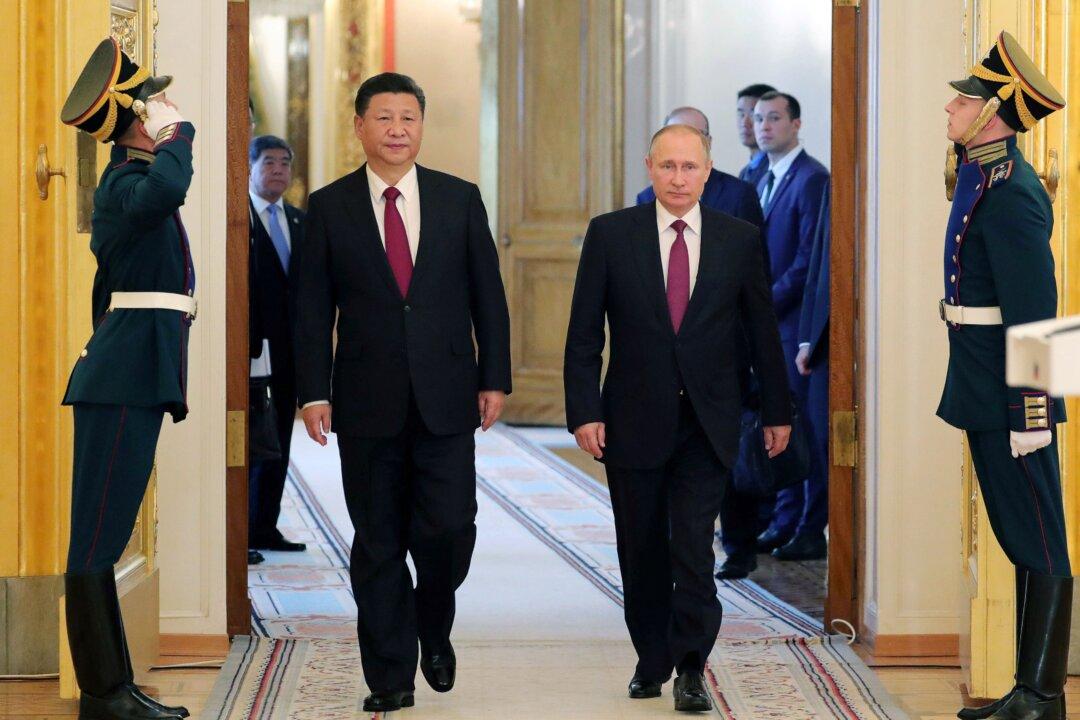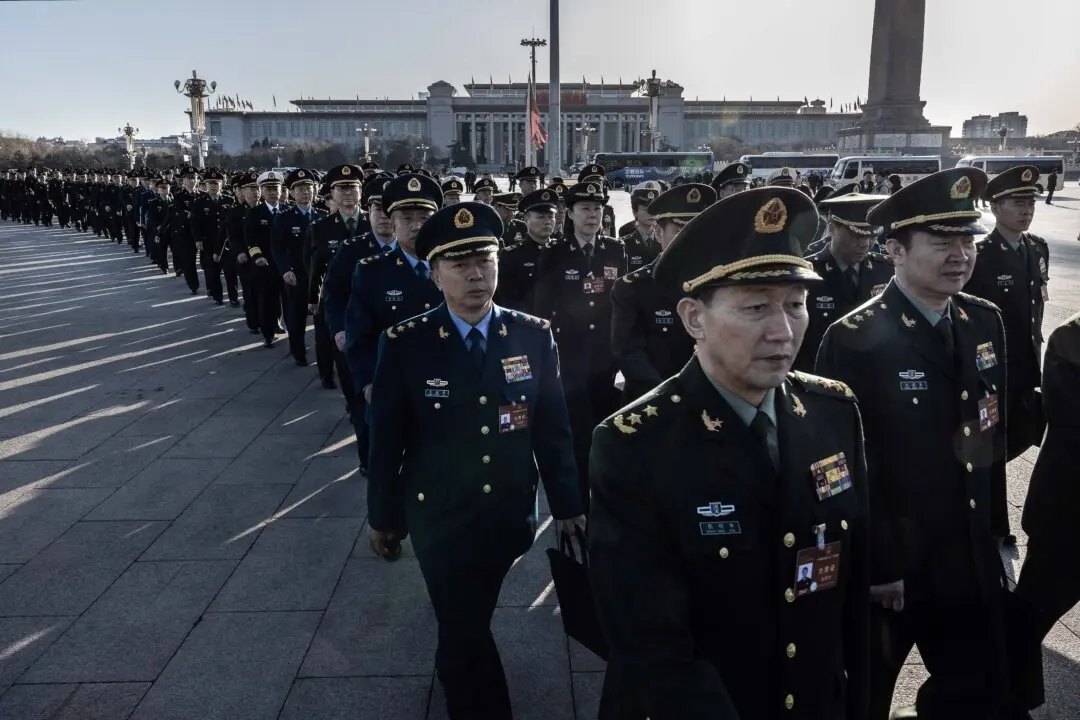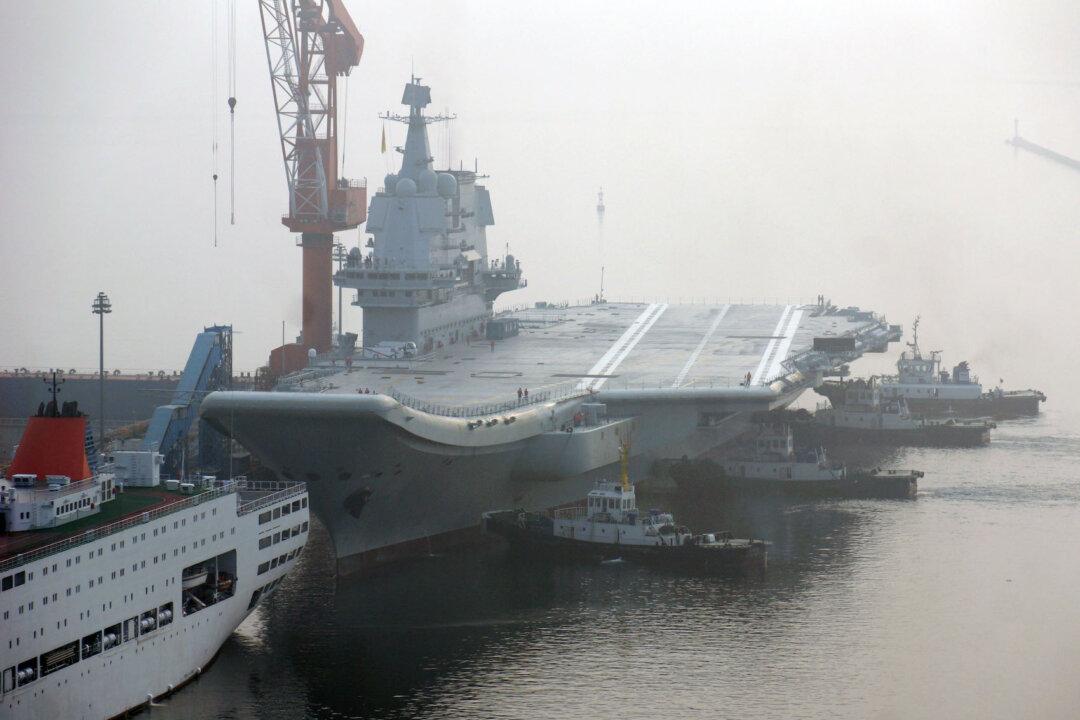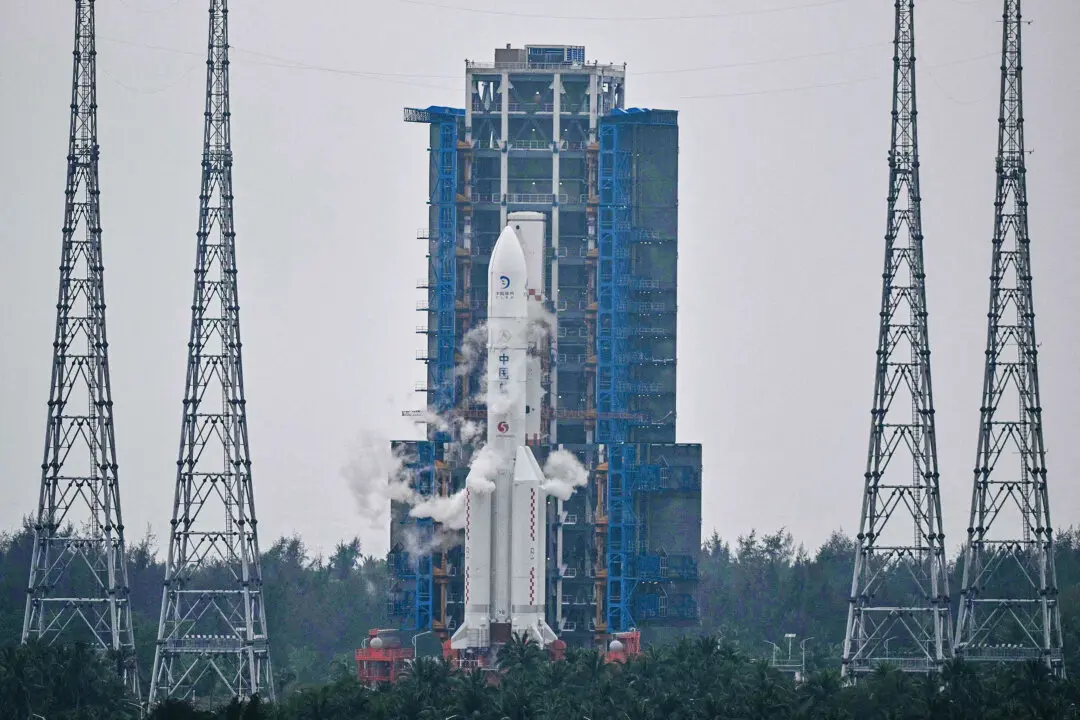News Analysis
The Chinese regime is determined to dominate the world economically, politically, and militarily by 2049, posing a greater threat than the USSR ever did. As alliances form around the globe, some analysts believe that a new cold war is already here, accelerated by the Russian invasion of Ukraine.





